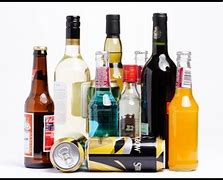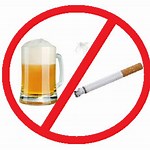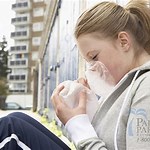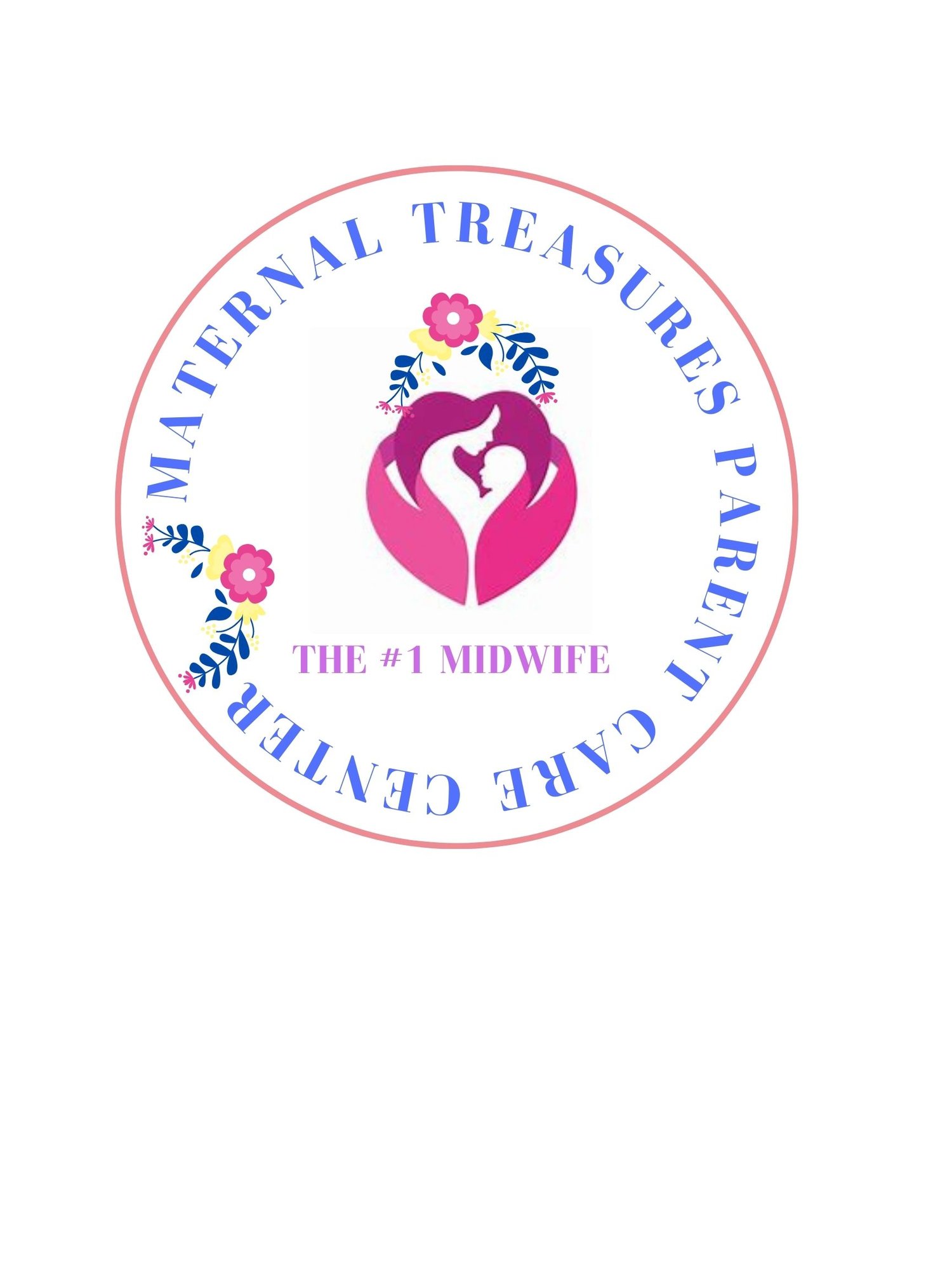Introduction
Every woman who decides to have a baby, I am certain never wants to intentionally cause harm to baby by any means.Hello Mamas. I hope you are all doing great! Today we are going to learn about some problems you could avoid during your pregnancy. We all want our pregnancy to be a healthy, and happy one. Don’t we? There are seven things we are going to explain that can cause hazards to your pregnancy.
Table Of Contents:
- Alcohol
- Cigarettes/ smoking
- Drug abuse
- Marijuana
- Inhalants
- Caffeine
- Teratogenic agents
1. Alcohol

Because it is unknown whether any amount of alcohol is safe during pregnancy, it is safer not to drink than to take the risk.
During pregnancy, there is no such thing as a healthy level of alcohol.
According to the National Health and Medical Research Council (NHMRC) of Australia’s recommendations for mitigating health risks from alcohol intake, it’s best not to drink at all:
- when you’re expecting
- when you’re trying to get pregnant
- while breastfeeding (because alcohol can pass into breast milk and affect a baby’s feeding and sleeping patterns)
The risk of low-level drinking to your unborn baby before you know you’re pregnant is unknown, but it could have an effect on the developing baby.
To help avoid any possible injury, you can stop drinking as soon as you find out you’re pregnant. Since stopping alcohol may be challenging for certain people, you may want to seek assistance from a healthcare professional. Alcohol is referred to as an alcoholicbeverage.
Should I be concerned about my partner drinking?
According to studies, drinking alcohol on a daily basis lowers the production of sperm. This decreases the probability of a couple being pregnant. It is also thought that a man’s alcohol intake prior to conception could cause potential intellectual and physical development problems for the infant.
It is recommended that reducing the amount of alcohol you consume or eliminating it entirely will take about three months before conceiving.
What should I do If I was drinking before the pregnancy?
The risk of low-level drinking to your unborn baby before you know you’re pregnant is unknown, but it could have an effect on the developing baby.
To help avoid any possible injury, you should stop drinking as soon as you find out you’re pregnant. Since stopping alcohol may be challenging for certain people, you may want to seek assistance from a healthcare professional.
Remember the heavier the alcohol, the worse the effects
Heavy drinking, such as drinking every day or binge drinking, poses the greatest danger to your unborn child, but even one or two drinks a week will harm your unborn child.
Drinking while pregnant can be a risk for you.
Women who drink while pregnant can jeopardize their own health as a result of side effects like:
- Dehydration
- Vomiting
- High blood pressure
- Dietary deficiency
- Gestational diabetes are all linked to high blood pressure.
Have you heard about FASD?
The fetal alcohol spectrum disorder (FASD) is a set of physical, emotional, behavioral, and learning disorders that may result from fetal alcohol exposure.
Since there is currently no research on the amount of alcohol intake that causes FASD, it is recommended that alcohol be avoided during pregnancy as a preventative measure.
2. Smoking during pregnancy

Smoking – a pregnant woman who smokes raises her risks of miscarriage and stillbirth. Low birth weight, prematurity, and of Infants).
3.Drug abuse

Since illicit drug use is a taboo subject, we don’t know anything about the effects of these drugs during pregnancy. Amphetamines, for example, have been linked to a higher risk of low birth weight, birth defects, and premature birth.
Cannabis use increases the risk of growth retardation, sleep disturbances, and behavioral issues.
Miscarriage, pre-term birth, and growth retardation are all dangers associated with cocaine use.
Addiction care medications
Controlled substances such as methadone and buprenorphine are referred to as pharmacotherapies. They’re used to support people who are addicted to heroin or opioids. Both of these therapies significantly minimize the risks to the fetus and pregnancy associated with heroin use. If you continue to use heroin or other narcotics, the effects of pharmacotherapy will be diminished.
4. Marijuana in pregnancy
Many women wonder if smoking marijuana during pregnancy can affect their baby. Several studies have shown that babies whose mothers smoke cannabis during pregnancy are more likely to have a low birth weight, which can lead to various health problems.
Sadly, cannabis may also lead to an increased risk of stillbirth, whether used on its own, combined with tobacco, or alongside other illegal substances.
Studies also suggest that children who are exposed to cannabis in the womb (uterus) are more likely to suffer from attention deficit problems, hyperactivity disorders (ADHD) and difficulties with problem-solving when they’re older.
5. Substances used as drugs – such as inhalants (glues or aerosols).

There are many inhalants that women become addicted to before or during their pregnancy. Some women are not aware of how serious these chemicals can effect their pregnancy.
Inhalants are a complex group of chemicals that are commonly linked to opportunistic drug abuse in preteens, adolescents, and adults.
When these chemicals are used during pregnancy, they can penetrate the bloodstream of the fetus, causing miscarriage, premature birth, and damage to normal brain growth.According to the National Institute of Substance Addiction and Alcoholism, afflicted babies may develop a disorder known as “fetal solvent syndrome.” It has symptoms that are strikingly similar to fetal alcohol syndrome. It also rely on the placental barrier to transport carbon dioxide and other wastes to the maternal bloodstream, where they are and Gynecologists (ACOG).
Foods with caffiene
The amount of caffeine in a cup of coffee depends on the type of bean, how it’s roasted, and how it’s brewed – and, of course, the size of the coffee cup. (Espresso has more caffeine per ounce, but it’s served in a small cup.) As a result, a full cup of brewed coffee contains more caffeine
You’ll need to be mindful of other sources of caffeine, such as tea, soft drinks, energy dr
inks, chocolate, and coffee ice cream, to balance your caffeine intake. Caffeine can also be used in herbal products and over-the-counter medications, such as headache, cold, and allergy medications. Pay attention to the labels. Read carefully.
Another thing to remember is that caffeine can be found in surprising ways. Some women use cocoa butter lotion to treat stretch marks, and it can contain a trace amount of caffeine. When mothers started using cocoa butter lotion during their deliveries, their babies with structural heart problems had a lower risk of fetal heart arrhythmias, according to a 2006 report.
The caffeine in the lotion seems to have some effect on babies during pregnancy, according to this report, but the exact mechanism is unclear. If you use a lot of cocoa butter lotion, talk to your doctor about how it could affect your total caffeine intake.
7. Teratogenic Drugs

Teratogenic drugs are medications that can cause cellular changes in human cells. Pregnant women are most vulnerable during the first trimester.
Numerous drugs or drug groups may cause birth defects in a developing fetus, including:
- ACE (angiotensin converting enzyme) inhibitors used to treat high blood pressure or congestive heart failure
- angiotensin II antagonists, also used to treat high blood pressure or congestive heart failure
- Isotretinoin (an acne drug)
- alcohol
- cocaine
- high doses of vitamin A
- lithium
- male hormones
- some antibiotics
- some anticonvulsant medications
- some cancer-fighting medications
- some drugs that treat certain rheumatic conditions
- some thyroid medications
- Thalidomide
- the blood-thinning drug warfarin
- the hormone diethylstilbestrol (DES).
There could be more added to this list.
Bottom line
Ensuring that your baby is safe while pregnant is certainly a priority for all moms to be. I encourage you to do all you can to help your baby to be the healthiest ever. I also encourage you fathers and family members to support and encourage this woman to be the healthiest version of herself.
Keep her calm through out the pregnancy: especially during the third trimester. Be aware of these substances that can affect your pregnancy. Thank you for stopping by today and please comment / like this post. Remember God loves you and has empowered you to be successful during your breastfeeding journey.
I have a question for you: Which of the above you think can cause the most problem for the unborn baby?



Comments ()